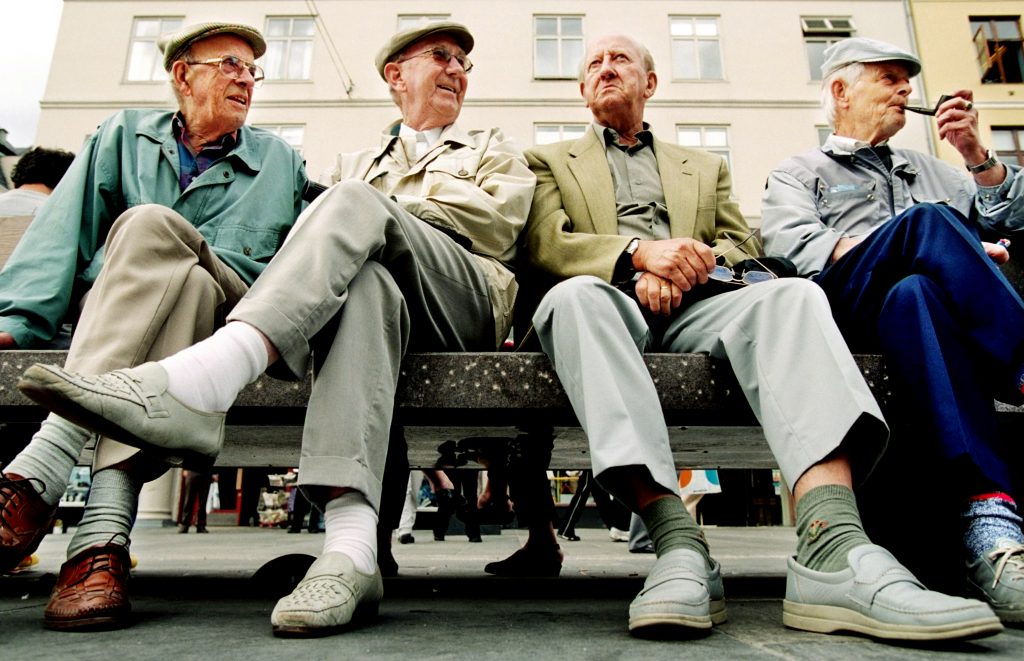A Dutchman is suing for the right to push his recorded birthdate back twenty years.
What it means: According to his birth certificate, his government and humankind’s concept of time, Emile Ratelband is 69. But Emile, comparing his plight to transgender people, thinks he is trapped in the wrong body. After doctors apparently agreed that he has the body of a 45-year old, he filed a lawsuit to allow him to change his official birthday from 1949 to 1969, making him twenty 20 years younger overnight.
Let’s say the Dutch government agree that individuals have the right to self-identify as an age they choose. What could that change about the economy? Emile says age discrimination stops him from getting job opportunities, something that a majority of UK workers also say holds them back in the workplace. Workplace discrimination is “economically inefficient” (a waste of our collective time, money and other resources) because it can prevent tasks being allocated to the most productive worker, aka the one who is going to boss it best and create the most moolah / genius ideas / trainers / whatever.
Emile also says he’d give up his state pension (which you have to be 65.75 years old to collect in the Netherlands). So could age self-identification be a solution for governments all over the world who are worried about how unaffordable pensions are becoming? (They cost the UK government £111 billion a year, 14 percent of all government spending). Eh, probably not. After all, what if younger people started changing their age to enjoy early retirement? We can think of a few people who would think jacking in the 9 to 5 and getting a campervan on the government’s dime would be worth buying a few extra candles for their birthday cake.
Read our explainer on identity and economic chances.

